Who we are
A C A D E M I C S
Our researchers have a diverse set of skills and experience and work with a variety of settings
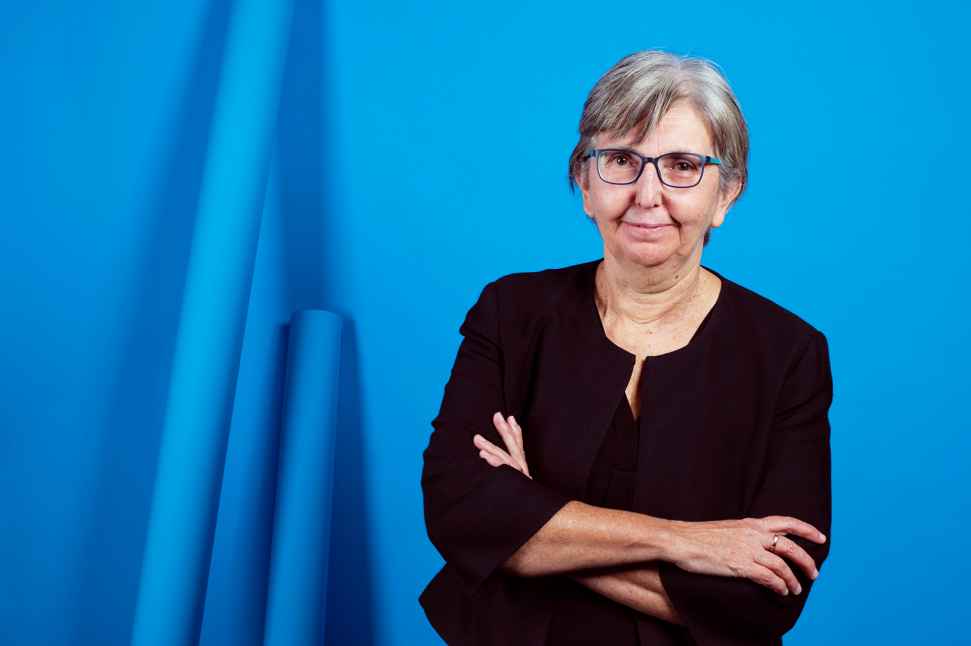
Professor Jennifer Tieman is a Matthew Flinders Fellow in the College of Nursing and Health Sciences. As Director and Research Lead for two national palliative care resources, CareSearch and PalliAGED she is responsible for ensuring palliative care evidence is available for health professionals, aged care workers and people and families affected by the need for palliative care. The CareSearch project team undertakes research on knowledge retrieval and knowledge dissemination and investigates approaches that encourage the use of evidence in health, particularly in palliative care and end of life care. Jennifer is part of the consortium team delivering the ELDAC project (www.eldac.com.au). She is also research lead of a specialist research team, Flinders Filters, which is building the evidence around bibliometric retrieval and use.

As an occupational therapist with 25 years clinical experience Dr Deidre Morgan has an in-depth understanding of the public health system and the value and importance of clinical research that informs practical patient care. Her clinical and research focus is in palliative care with a particular interest in ways to optimise function at the end-of-life. She has established an international collaboration seeking to validate a palliative care assessment tool for use in occupational therapy. She is a co-investigator on the End of Life Essentials project.
Associate Professor Grant Davies started his career as a registered nurse in general and radiation oncology settings and in acute palliative care units at the Royal Brisbane Hospital and has over 30 years’ experience in health. In addition to his work as a Registered Nurse, he has worked in Queensland Health and the Victorian Department of Human Services in the 90s working on palliative care policies and health outcomes.
He started his career in complaints management in the federal Office of the Commissioner for Complaints in early 2001 and the Office of the Aged Care Commissioner. He moved to the Victorian Office of the Health Services Commissioner in October 2009, where he was Deputy Commissioner and Health Services Commissioner until February 2017 when he started as Director of Projects in Safer Care Victoria. He commenced as Health and Community Services Complaints Commissioner in South Australia in February 2018. He has been appointed this year as an Associate Professor at Flinders University in the Research Centre for Palliative Care, Death and Dying where his areas of interest are communication, applied ethics, complaints resolution and public administration. He is involved in supervision of RHD students, teaching and research.
Dr Caroline Phelan has an extensive clinical background working across the acute health care environment, in particular, critical care and pain management. She has worked in senior clinical roles, as well as in management, education and research positions. She recently completed an update of the clinical evidence pages for CareSearch and has joined the College of Nursing and Health Sciences at Flinders as an academic. Her research interests include decision making, older people, pain management and critical theory.
Dr Kelly Jones has academic status at Flinders University. Kelly has over 20 years research and teaching experience in public health with expertise in mixed methods approaches, social epidemiology, health services research and Indigenous health. Kelly's work in mixed methods health services research has won both State and National recognition. She is passionate about the research/social justice policy nexus and using evidence to shape healthy outcomes for marginalised populations.
Dr Aileen Collier is currently Senior Lecturer, Te: Ārai Palliative Care and End-of-life Research Group , University of Auckland and Clinical Nurse Specialist in Community Palliative Care at Hospice West Auckland. Her research program is focused on human agency, safety and quality of palliative care. Aileen’s research undergirds a commitment to her practical work, with moral and pragmatic questions always being anchored to clinical ‘realities’. She is the current Chair of Palliative Care Nurses New Zealand. Her research is ‘interdisciplinary’ in inclination and she is an advocate of research that brings together diverse disciplines in response to 'wicked' problems. When she’s not researching, you’ll find Aileen hanging out with her two horses Toby and Nero.
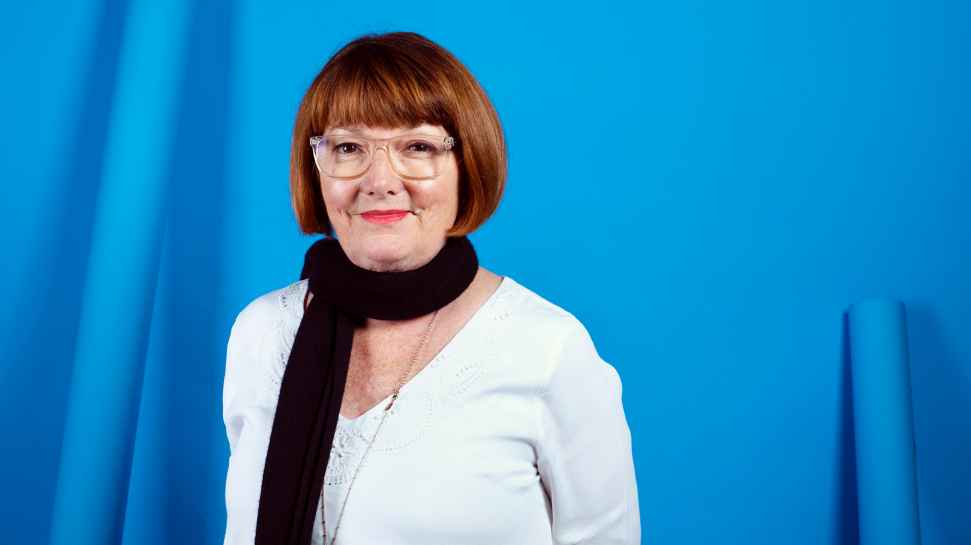
Associate Professor Kim Devery has worked as a nurse in Africa, USA, UK and Australia across a wide variety of clinical practice settings. As an academic in the College of Nursing and Health Sciences Kim guides doctors, nurses and allied health professionals to understand their own strengths and challenges and strengthen their capacity in delivering health care services to patients who are at the end of life. Kim leads a major national project End-of-Life Essentials, which aims to increase professionals' skill and confidence in end-of-life care in Australian acute hospitals.
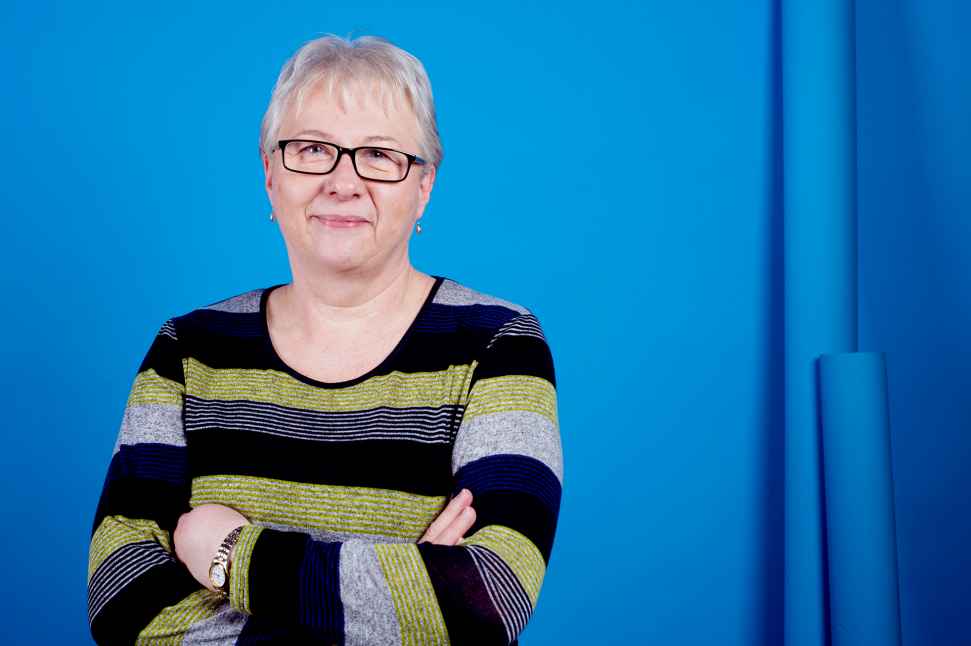
Deb Rawlings has over 30 years’ experience in Palliative and End of Life Care. She has a nursing background with clinical experience in oncology (Australia and the UK) and palliative care (UK). Deb's current research interests are in models of end of life care (including leading work on the role of death doulas in end of life care), MOOCs (as an author on the Dying2Learn MOOC), dying in acute hospitals (as a co-investigator on the End of Life Essentials project) and bereavement rituals. Deb has previously worked on three other national palliative care projects (CareSearch, PCOC and the National Rural Palliative Care Program) and is currently an academic and researcher in the College of Nursing and Health Sciences.

Dr Lauren Miller-Lewis has academic status at Flinders University and is a Lecturer at Central Queensland University with a specific interest on positive psychology. She is involved in Dying2Learn data analysis and undertakes research relating to death, dying, and palliative care.

Dr Sara Javanparast is a Research Fellow at the Research Centre for Palliative Care, Death and Dying. She has a background in Medicine with many years of experience in primary health care policy, practice and research. She worked for 8 years at the Iranian Ministry of Health when she was involved in primary health care policy development and implementation. After moving to Australia in 2002, she completed her PhD in public health at Flinders University. Since then she has been involved in a range of public health research projects. Her areas of research interest and expertise include primary health care, community engagement, equity and access to health care particularly for community groups experiencing disadvantage and qualitative research methods.
Dr Georgia Rowley is a qualitative social health researcher with a background in Psychology (Hons) and Public Health. Her academic research interests focus on conducting meaningful and reciprocal cross-cultural research with communities who are routinely excluded from mainstream research, including culturally and linguistically diverse migrants and refugee groups, with a particular focus on individuals who do not speak English and those who reside in and rural areas. Georgia’s PhD explored the impact of social determinants of health among older Greek migrants in widowhood, with a focus on mourning and bereavement.
G R A N T F U N D E D
R E S E A R C H E R S
Dr Katrina Erny-Albrecht is the Senior Research Fellow with the CareSearch Project. Her research and project work focuses on enabling evidence-based palliative care content for the CareSearch and palliAGED websites providing guidance for general public and health practitioner audiences. She also leads work on engagement processes with different health sectors. Katrina has worked in diverse health care research roles from research synthesis and communication, to health economic analysis, and basic research. These varied roles were undertaken in Australia, Europe, and the US within academic institutes, government agencies and commercial consultancy services.
Dr Deborah van Gaans is a Research Associate with CareSearch and has over 25 years of experience in social science research. Her research is focused on improving the equity in health service provision through understanding the geographic and socio-economic aspects of accessibility. Deborah's innovative research has been undertaken in direct partnership with health service providers, state and federal government and community. Her research focus is to improve the quality of life for all people and in particular the disadvantaged. She has been acknowledged as a prominent national and international leader within the spatial industry. Dr van Gaans has won peer reviewed excellence awards for her innovative health service modelling and was the recipient of the 2012 South Australian Spatial Excellence Community Contribution Award, 2014 South Australian Spatial Excellence Postgraduate Award, and the 2018 Geospatial World Excellence Award for the Application of Geospatial Technology in Health Services.
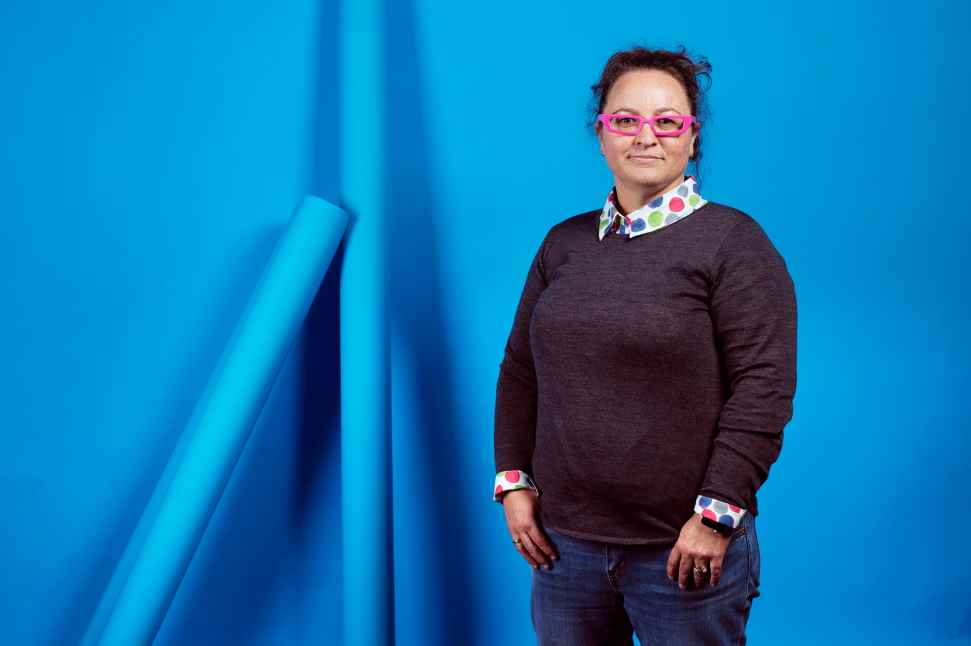
Dr Amanda Adams is a Research Associate with the End-of-Life Directions for Aged Care (ELDAC) project. Amanda recently completed her PhD. Her research investigated how evaluations can improve universal health interface designs and how digital health literacy can influence how people interact with palliative care information. She has research interests in the area of usability evaluation, information and interface design, user experience, accessibility and social determinants of digital health. Amanda has been involved with the CareSearch project as a Research Assistant and worked across many of the associated projects.
Dr Priyanka Vandersman is a registered nurse and digital health technology researcher. She is the Research Associate for 'Digital Technology' stream of the End of Life Directions in Aged Care (ELDAC) project at Flinders University. Her work focuses on developing, implementing, and evaluating an evidence based palliative care digital dashboard for the Australian aged care sector. Priyanka's research interests include digital health, chronic disease management, pain self-management, and aged care. She is particularly interested in investigating the use of digital technologies in the context of chronic, aged, and palliative care.
Introducing Dr Priyanka Vandersman, Early Career Researcher
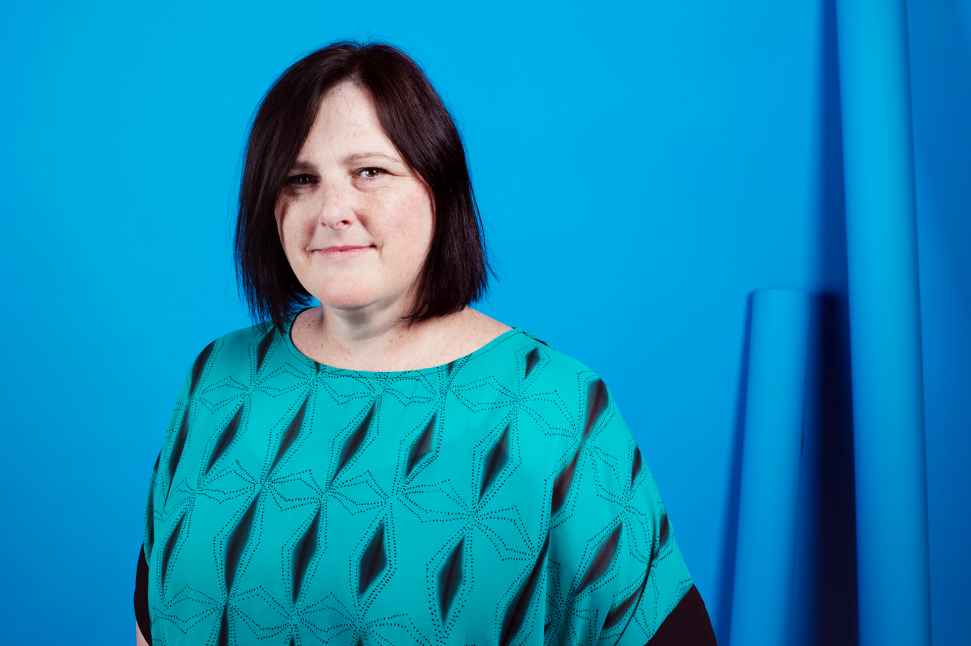
Dr Raechel Damarell is a Research Associate with the Research Centre for Palliative Care, Death and Dying (RePaDD). Here, she is currently engaged in evidence syntheses for both the Australian Commission for Safety and Quality in Health Care (ACSQHC) and the new Aged Care Centre for Growth and Translational Research based here at Flinders. Next week she will take up the role of Senior Research Fellow for the Centre for Growth and Translational Research. Raechel is currently a member of the Editorial Board for Progress in Palliative Care as well as a member of the Early Career Researcher Network of Primary Care Collaborative Cancer Clinical Trials Group (PC4). Raechel’s own research interests include general practitioner care of people with multimorbidity and a life-limiting illness and the support they get from clinical practice guidelines and evidence in general for this task. As a health librarian at Flinders, Raechel was seconded in 2010 to CareSearch to work on search filter projects. She loved this work so much has never moved far from them since.
C L I N I C I A N
P A R T N E R S
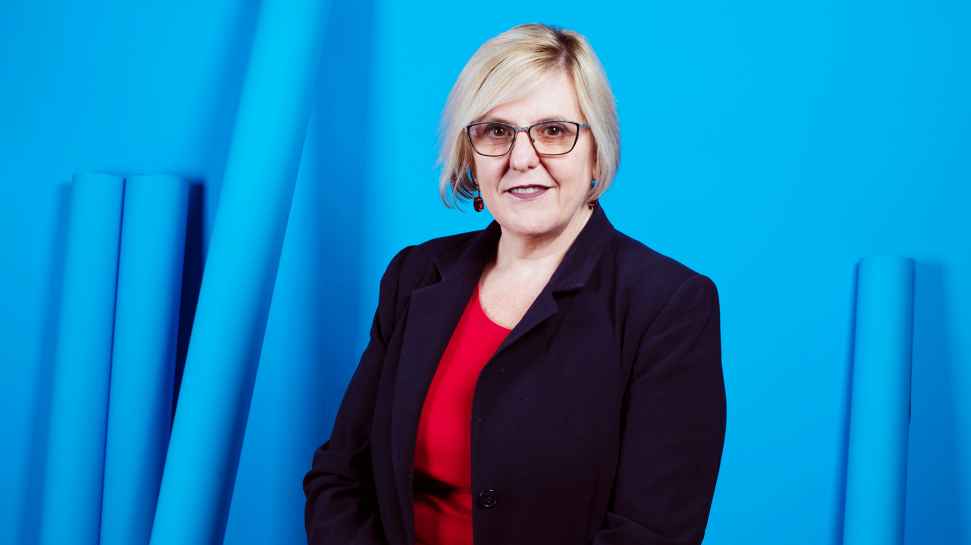
Kate Swetenham is the Clinical Lead for End of Life Care in the Department for Health and Wellbeing. She has responsibility for providing clinical leadership to the work streams of Palliative Care, Advance Care Directives and Voluntary Assisted Dying. Kate is the Chair of the Bereavement Advisory Group from the Palliative Care Clinical Network. She is a registered nurse. Kate lectures within the Flinders postgraduate courses and has been an investigator on a number of research projects including the Flinders Telehealth Trial. She is currently leading the Comprehensive Palliative Care in Aged Care Project Agreement, a joint funded initiative between the Australian Government Department of Health and the Department for Health and Wellbeing SA.
Dr Tim To is a geriatrician and palliative care specialist at Flinders Medical Centre. He has been engaged with research, teaching and supervision in palliative care for a number of years and maintains an active relationship with the research team. He is involved in research relating to geriatrics, palliative care and clinical management. He is the chair of the Southern Adelaide Local Health Network (SALHN) End-of-Life Steering Committee, and the co-chair of the SALHN Comprehensive Care National Standards Committee. He is also a member of the SALHN Clinical Review Committee, SALHN Older Person's Steering Committee and SALHN Challenging Behaviours Committee.

Dr Allcroft is a Senior Staff Specialist at Southern Adelaide Palliative Services, based at Flinders Medical Centre. He is trained in Respiratory and Sleep Medicine and completed his Masters of Palliative Care at Flinders University. Peter is currently undertaking a PhD, exploring the unmet palliative care needs of frail older patients with heart failure.
He founded Mycroft Sleep Diagnostics, a South Australian company dedicated to the provision of facilitating home sleep studies and co-founded the Motor Neurone Disease Clinic based at Flinders Medical Centre. Peter was recently appointed by the Commission on Excellence and Innovation in Health, as Network Co-Lead for the Statewide Palliative Care Clinical Network Steering Committee. Peter also serves as Deputy Chair of the Motor Neurone Disease Association of South Australia.
His research interests include symptom management in complex life limiting illness, and he is a Co-Investigator in a number of the Palliative Care Collaborative Studies consortium, the largest palliative care research group internationally. His published work includes the role of opioids in the management of dyspnea, Academic Detailing and breathlessness in Motor Neurone Disease. His clinical work in sleep medicine includes the assessment and management of patients with sleep disorders, with management strategies including lifestyle measures, CPAP, Mandibular Devices and surgical options.
Peter is active with clinical teaching in both pre and post vocational medical education.
R H D S T U D E N T S
Caroline Litster
PhD: Dying at home or in place of choice for older Australians
Caroline has been working on palliative care, death and dying projects for over 10 years. Her work has been varied and includes research and project work for the Palliative Care Clinical Studies Collaborative (PaCCSC), End-of-Life Essentials (EOLE), End-of-Life Directions for Aged Care (ELDAC) and a program of research on Death Doulas. She has also contributed to other RePaDD projects including CareSearch, palliAGED, The Advance Project, TEL (Talking End-of-Life with People with a Disability) and more recently on an allied health study looking at ways to optimise function at the end-of-life. Caroline is currently a PhD student in the College of Nursing and Health Sciences, exploring dying at home or in place of choice for older Australians.

PhD: Medicines Management for People Living with A Life-Limiting Illness
Paul Tait is a PhD student in the College of Nursing and Health Sciences, exploring how medicines are managed for Australians living in the community with a life-limiting illness. He also assists projects within the Australian palliative care knowledge network (CareSearch). Paul has also worked as a pharmacist in a community-based specialist palliative care service and has contributed to several state and national projects improving medicines management for the dying. His areas of interest include patient safety, quality use of medicines and medicines information.
![]()
Sturt Rd, Bedford Park
South Australia 5042
South Australia | Northern Territory
Global | Online


